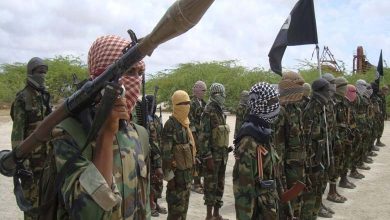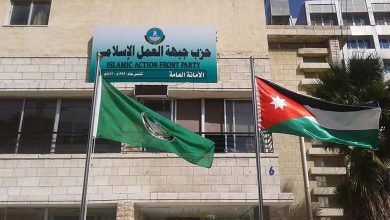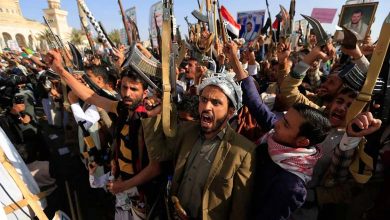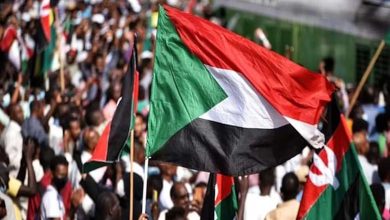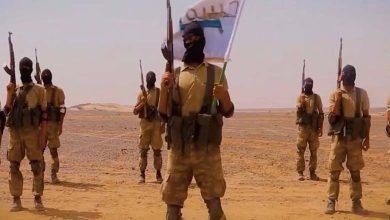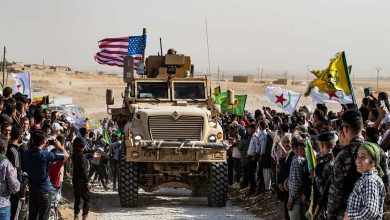Rapid Support Forces tighten the noose around Sudanese Army headquarters
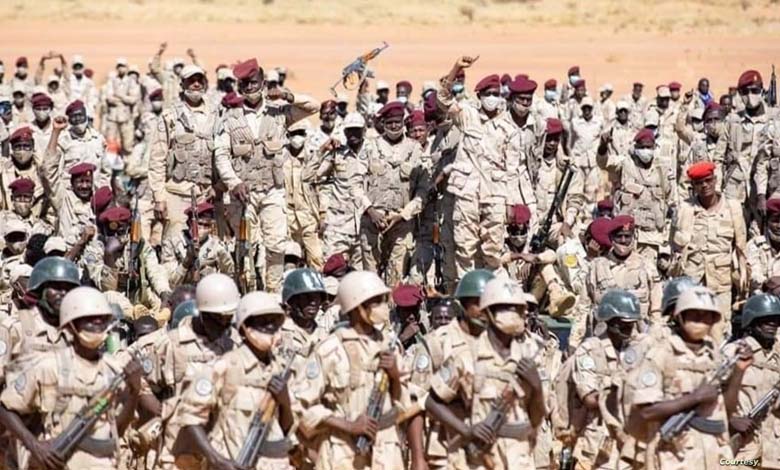
The clashes in the vicinity of the Sudanese Army General Command headquarters in Khartoum have erupted once again with intense fighting involving various weapons. This comes after a period of relative calm in the region, but it appears that the Sudanese Army‘s determination to escalate in certain areas has prompted the Rapid Support Forces to tighten the noose around the General Command headquarters. Meanwhile, the Chairman of the Sovereignty Council, Abdul Fattah al-Burhan, continues his foreign tour and has arrived in Uganda.
Sources report a significant increase in smoke columns in the vicinity of the Army General Command, along with the sound of explosions, while aircraft have been seen flying over Khartoum.
Residents in the capital say that “the Rapid Support Forces are shelling the General Command headquarters with heavy artillery.”
Furthermore, witnesses confirm that they “saw fighter jets and drones bomb the Omdurman suburb” north of the Sudanese capital.
The Rapid Support Forces have achieved many battlefield successes in several provinces and locations, especially in the Darfur region. Meanwhile, the forces loyal to al-Burhan, including Islamic groups and remnants of the former regime, continue to control the eastern part of the country.
The commander of the Rapid Support Forces, Mohamed Hamdan Dagalo, known as Hemedti, stated in an audio recording that his forces are capable of decisively influencing the situation in the eastern part of the country and defeating al-Burhan’s forces. However, he still provides an opportunity for peace to spare the Sudanese people the consequences of the conflict.
Dagalo spoke about the possibility of forming a civilian authority in areas under his control in response to the Army’s threat to establish a war government, warning of the dangers of dividing the country, as has happened in other countries.
The Rapid Support Forces have announced their control over the strategic city of Umm Ruwaba, located in North Kordofan State in Sudan, approximately 301 kilometers from Khartoum. The city is an important commercial center and a hub for railway and road connections between western Sudan, South Kordofan, and Port Sudan.
With these forces advancing and capturing important military sites or besieging others, the Sudanese Army has become involved in committing crimes against civilians through the excessive use of force in populated areas, whether through the use of aircraft or artillery.
As confrontations escalate, the United Nations Mission in Sudan (UNAMIS) stated that it has remained in close contact with both the Sudanese Army and the Rapid Support Forces to urge them to seriously commit to a ceasefire and transition towards a permanent cessation of hostilities. UNAMIS issued a statement on its official Facebook page, stating, “It has been five months since the outbreak of war between the Sudanese Armed Forces and the Rapid Support Forces, and we have continued to maintain close contact with both sides to urge them to seriously commit to a ceasefire and transition towards a permanent cessation of hostilities.”
As pressure intensifies on his forces, al-Burhan embarked on an official visit to Uganda on Saturday to discuss bilateral issues between the two countries and enhance their relations. A statement from the Sovereignty Council mentioned that during the visit, which has an unspecified duration, the Chairman of the Sovereignty Council will hold talks with Ugandan President Yoweri Museveni covering bilateral relations and issues of common interest between the two countries. Accompanying the Chairman of the Sovereignty Council on the visit are the Minister of Foreign Affairs in charge, Ali Al-Sadiq, and the Director of the General Intelligence Service, Ahmed Ibrahim Mufaddal.
This marks al-Burhan‘s sixth visit of this kind since the outbreak of the conflict between the Sudanese Army and the Rapid Support Forces in mid-April. The Sovereignty Council Chairman is seeking external support as his forces’ situation deteriorates in the field.
Since the fighting erupted in Sudan on April 15, approximately 7,500 people have been killed, and the actual numbers are likely much higher. Around five million people have been forced to leave their homes and become internally displaced within Sudan or cross into neighboring countries, especially Egypt and Chad.



